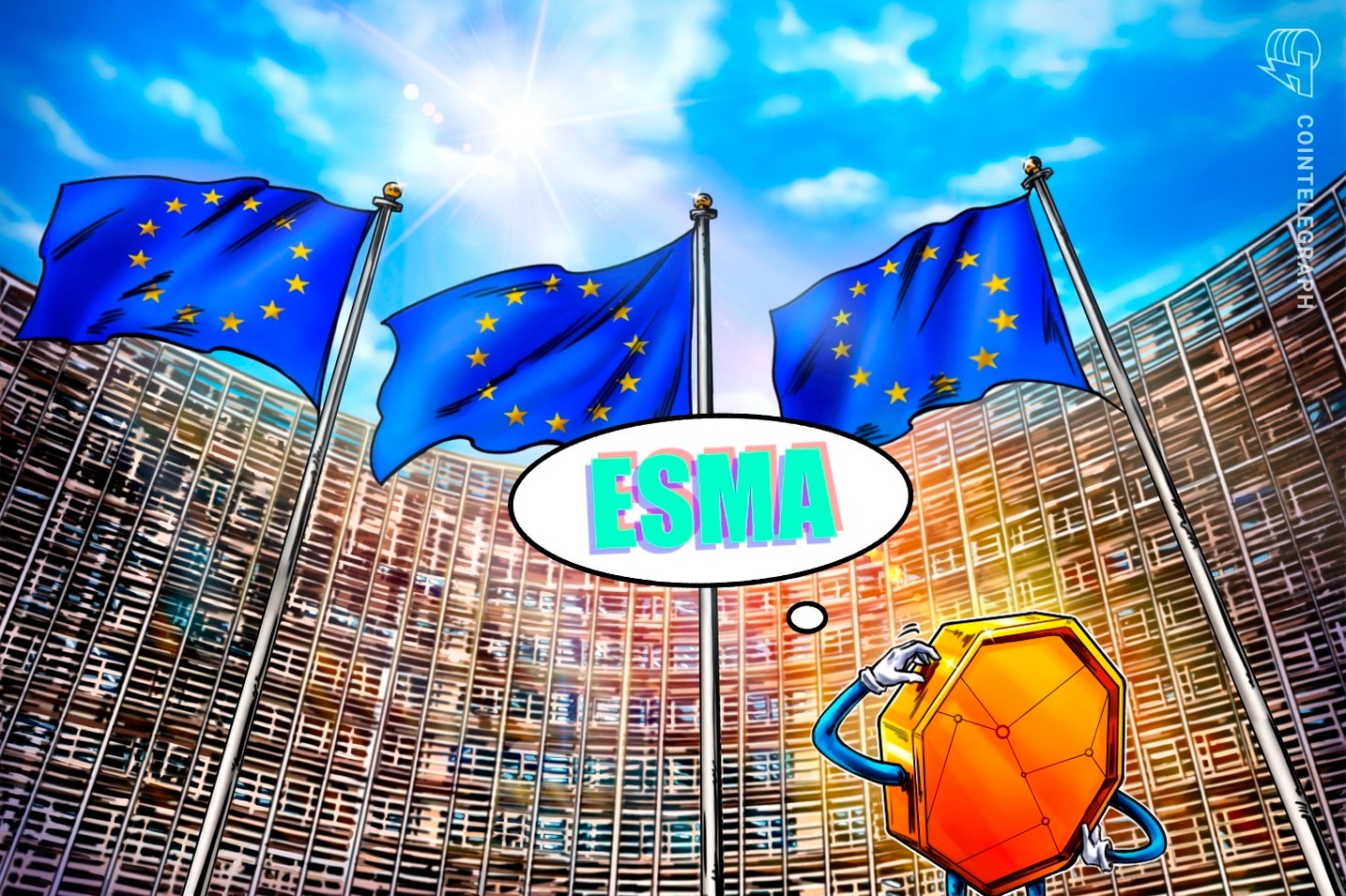
EU's Centralized Crypto Regulation Proposal Faces Industry Concerns
The European Commission's initiative to increase the European Securities and Markets Authority's authority over crypto assets raises alarms about potential stifling of innovation in the industry.
The European Commission’s plan to extend the authority of the European Securities and Markets Authority (ESMA) over cryptocurrency and capital markets has triggered discussions throughout Europe. Critics assert that this could hinder innovation and slow down decision-making processes.
The EU is considering granting ESMA direct supervisory powers over stock exchanges and crypto service providers, potentially leading to a central regulatory system akin to the US Securities and Exchange Commission (SEC). A draft of this plan is anticipated in December.
Under the current Markets in Crypto-Assets Regulation (MiCA), effective from December 2024 for crypto asset service providers, firms licensed in one EU nation can use their licenses across all 27 member states.
Industry Raises Concerns About Innovation
Fleuret, the head of public affairs at Morpho, warns that giving ESMA control could significantly slow innovation, especially within the crypto and fintech sectors. She stated, “[ESMA supervision] would likely slow down decision-making and innovation, particularly for newer players in crypto and fintech companies who rely on close collaboration with their domestic regulators.”
Fleuret advocates a more balanced approach, suggesting that ESMA should enhance its oversight over national regulators instead of centralizing all decision-making in Brussels.
Push for Balanced Regulation
Other experts view the proposed expansion of ESMA’s jurisdiction as a positive step towards regulatory maturity in the EU.
Markova, from Fireblocks, emphasizes that establishing unified control and standards could address fundamental issues related to MiCA, including licensing and cybersecurity risks. She cautioned that the success of this centralized supervision will rely heavily on its implementation and resource allocation.
The notion of a single supervisory body, similar to the SEC, has also received backing from European Central Bank President Christine Lagarde, who expressed her support at the recent European Banking Congress in November 2023.


